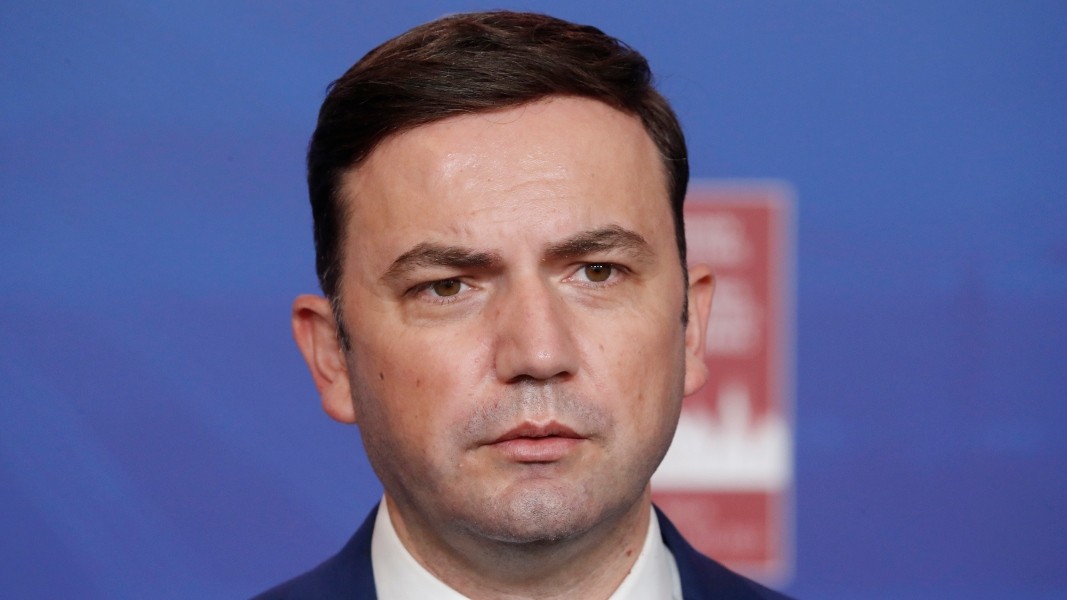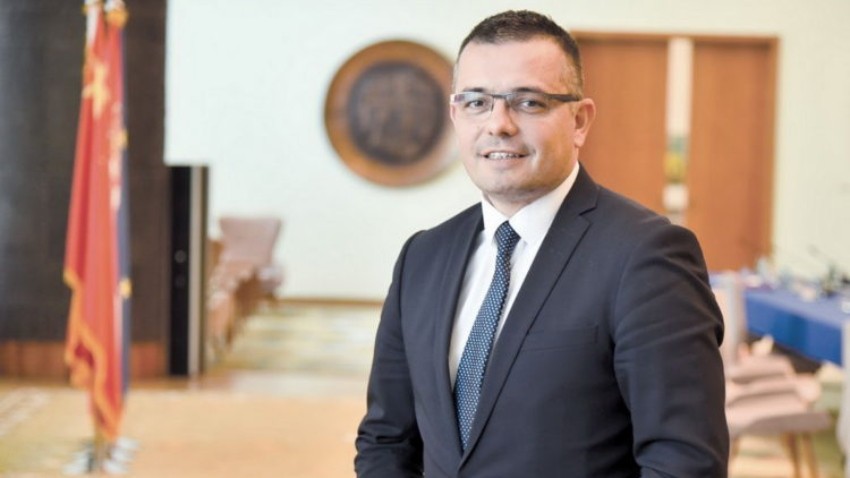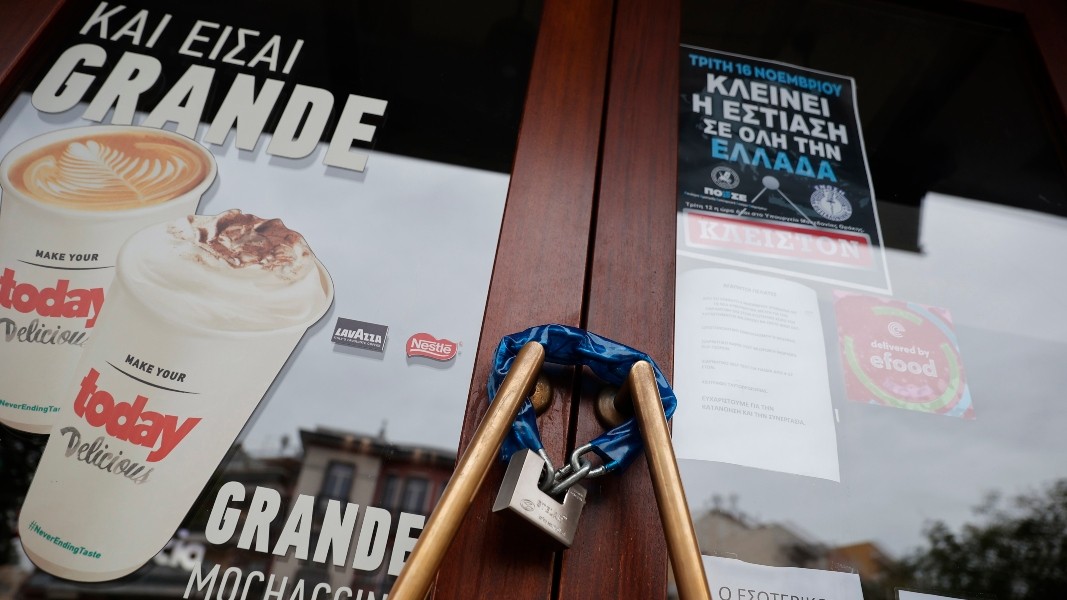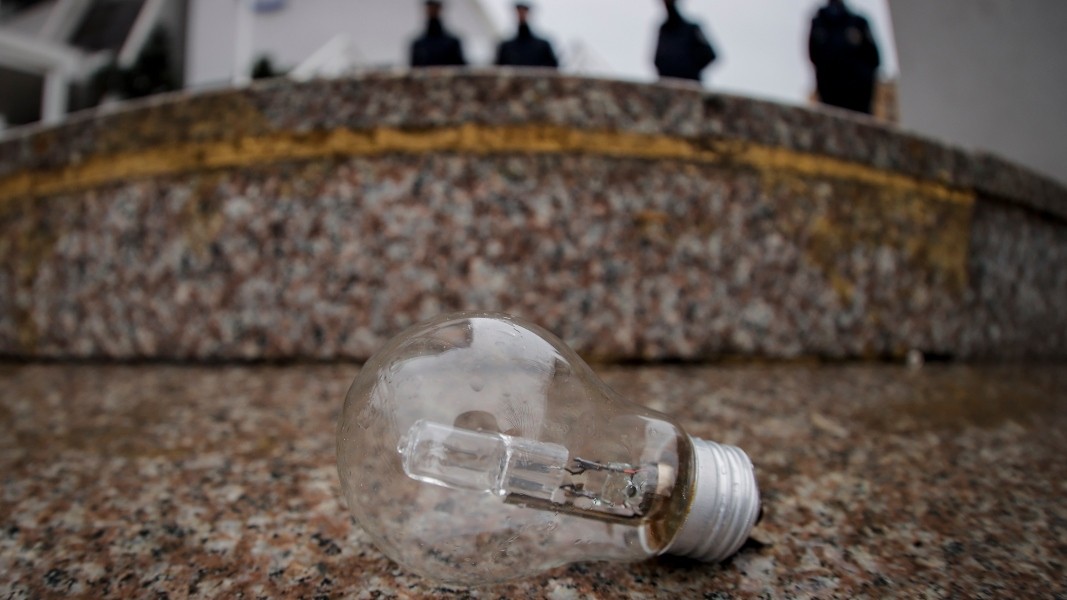Bujar Osmani: My greatest fear is lest we enter a new Greek scenario

“Significant progress has been made in the negotiations with Bulgaria. What we have on the table today is different from the proposal we were presented last October,” North Macedonia’s Foreign Minister Bujar Osmani commented in an interview for the Macedonian TV21. Minister Osmani stressed that a new agreement with Bulgaria is not going to be signed, even though there have been such demands. “What Prime Minister Kiril Petkov wants is, in effect, a return to the principal tool of the Friendship Agreement – the inter-governmental conference. What is important now is to agree on the negotiating framework,” he said. In his words, postponing the launch of the EU accession negotiations will not destabilize the country, though time is not working “for”, but “against” North Macedonia. “My greatest fear is lest we enter a new Greek scenario, i.e. a frozen conflict with Bulgaria, and lest it become the new norm in our relations,” Bujar Osmani pointed out.
Serbia, North Macedonia and Albania abolish border control of goods

Serbia’s Minister of Agriculture Branislav Nedimović stated that the Open Balkans initiative between Serbia, North Macedonia and Albania comes into effect on Monday, 3 January. Vehicles will not be stopped at the borders for phytosanitary and veterinary inspection. In an interview for RTS, Branislav Nedimović said that trade among Serbia, North Macedonia and Albania in the food sector amounts to EUR 420 million with border control. “Imagine the opportunities opening up in this zone, there will be no waiting at borders,” he said, and called on other countries in the region to join the initiative. In his words it is not a surrogate of the EU but will carry on its values. A single labour market and a single work permit are expected to become fact in the coming three months.
People in Cyprus required to present coronavirus test to go to work

All people who work in Cyprus will be required to present a coronavirus test to go to work. Employees who are double-jabbed or who have recovered from the virus in the past 6 months will have to present a PCR test or a rapid test once a week. The requirement for the unvaccinated is a 72-hour PCR, or a 48-hour rapid test. Only people who have taken a booster dose will be exempt from this requirement. The testing mandate for going to work is part of the government’s measures against coronavirus, BNR’s correspondent in Cyprus Branislava Bobanats reports.
Strict Covid restrictions in place in Greece

Strict Covid-19 restrictions are coming into effect in Greece. The country is close to topping a record 40,000 daily infections. The Omicron variant is highly active, BNR’s correspondent in Thessaloniki Katya Peeva reports. Bars and restaurants will close early and no music will be allowed. Clients have been cancelling their reservations, and restaurant and bar operators are demanding compensations over lack of customers. The opposition is criticizing the government for delaying the imposition of curbs in bars and restaurants which experts say have been hot spots for the spread of Covid-19.
Kosovo declares state of emergency over electricity shortage

The parliament of Kosovo declared a 60-day state of emergency over the shortage of electric energy, BGNES reports. If necessary, the state of emergency can be extended by another 30 days, Minister of Economy Artane Rizvanolli announced. The emergency measures include restricting deliveries to some consumers. The energy crisis in Kosovo is caused by the rising prices of energy and the outdated thermal power plants. Albania will offer Kosovo its help with 7,680 MWh on 31 December and 1 January. Albania is not going to ask for payment but will require that Kosovo return part of the electric energy to Albania in the summer.
9 million foreign tourists visited Antalya in 2021

During the outgoing year Antalya – one of the biggest tourist centres on Turkey’s Mediterranean coast, with numerous historical and natural sites – was visited by 9,002,217 foreign tourists, a 164% increase compared to 2020, the first pandemic year, the Antalya province administration says, as quoted by the Turkish Radio and TV corporation TRT. The highest number of tourists came from Russia, followed by Ukraine, Germany and Poland. The authorities are explaining the recovery with the effectivity of the safe tourism programme of hotel certification and the stringent Covid-19 measures at tourist facilities.
Compiled by Miglena Ivanova
Photos: EPA/BGNES, srbija.gov.rs, PixabayAutism spectrum disorders are growing exponentially around the world. Bulgaria is no exception. While more than a decade ago, one in 10,000 children worldwide was diagnosed with autism, today, on average, one in 70 children has an autism spectrum..
The book Eyeball It: Village Culinary Adventures by Rory Miller - an American living in Bulgaria - will be presented tonight in Chicago at the Magura Cultural Center (415 W Golf Rd # 7, Arlington Heights). It is a collection of old recipes from..
A pistachio plantation has been planted for the first time in Bulgaria near Sandanski (Southwest Bulgaria). It spans 22 decares (2.2 hectares). The investment was made by a Sofia businessman, BNT reported . The first harvest is expected within 2-3..
The 10 main risks are facing the country in the coming decade, shows a national expert study entitled "Ten years, ten risks for Bulgaria" , BTA reports...
Bulgaria is increasingly becoming part of the general trend and dynamics of European citizens changing their location. There are no..

+359 2 9336 661
